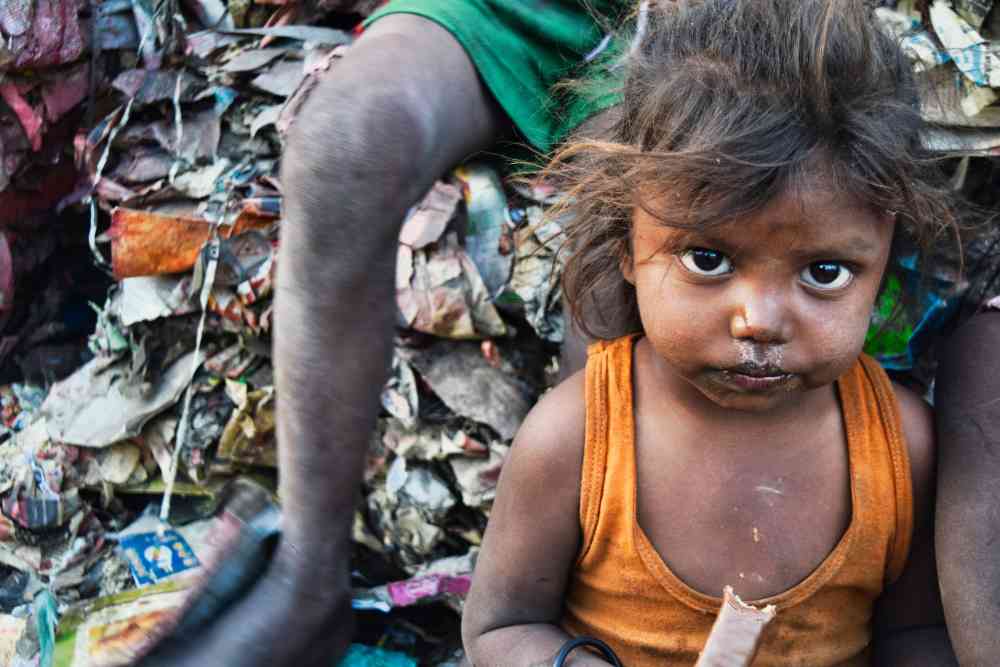TB the Silent Epidemic: Non-Curable Tuberculosis Among Girls, Children, and Adolescents in India

Tuberculosis remains a significant public health concern in India, affecting millions of lives. The most
vulnerable groups are children and adolescents girls, who face societal discrimination and non-
curable TB strains. Tragically, many parents, burdened by societal biases and neglect, contribute to
the perpetuation of this deadly disease. In this article I have tried to highlights the alarming
vulnerability of young girls to TB and the planned negligence by their family for their treatment, and
the devastating consequences they face until their untimely deaths.
The Vulnerability of adolescent Girls to Tuberculosis: Starting from birth, females in India face
societal biases and discrimination within their own families, which leads to neglect behaviour,
limited healthcare access, and inferior treatment for them. Such conditions create fertile ground for
the transmission and spread of tuberculosis. Due to their marginalised status, these girls face
multiple risk factors, including malnutrition, poor living conditions, limited education, and early
marriages, all of which weaken their immune systems and make them more susceptible to TB
infection.
Planned Negligence in Treatment : Unfortunately, the planned negligence of parents' not to provide
treatment on time to their TB-infected daughters worsened the condition and made them a harmful
portent to become carriers of this deadly transferable disease. Many parents also fail to maintain
concern for their girls' health due to the patriarchal mindset, inequalities, cultural expectations, and
a deep-seated desire for male offspring. The ramifications are dire. When faced with medical bills,
families frequently opt to prioritise male family members or save for dowry-related responsibilities.
This deliberate disregard for treatment results in delayed diagnosis, inadequate or incorrect drug
regimens, and an increased risk of developing non-curable strains of TB.
The Deadly Consequences: The repercussions of non-curable tuberculosis among girls, children, and
adolescents are both immediate and long-term. Their fragile bodies, already weakened by neglect
and malnutrition, struggle to combat the disease effectively. Left untreated or inadequately treated,
TB takes a devastating toll on their health, often leading to chronic illness, irreversible lung damage,
and even premature death.
Furthermore, the spread of non-curable tuberculosis among this vulnerable population perpetuates
a vicious cycle. Infected girls, unaware of their contagious status or lacking the means to seek
appropriate medical care, unwittingly transmit the disease to their families, communities, and future
generations. The burden of tuberculosis thus extends far beyond the individual, affecting the overall
public health landscape.
Breaking the Cycle and Finding Solutions: To address this grave issue, concerted efforts are needed
on multiple fronts. Firstly, it is crucial to challenge and transform societal attitudes towards girls,
dismantling harmful gender biases and stereotypes. This requires raising awareness about the
importance of gender equality, girls' education, and their right to healthcare.
Secondly, comprehensive healthcare systems must be established to provide accessible and quality
tuberculosis screening, diagnosis, and treatment services for all, regardless of gender or socio-
economic background. Ensuring the availability of free or affordable medications and supporting
infrastructure, such as well-equipped healthcare facilities and trained healthcare professionals, is
vital in combating the non-curable strains of TB.
Additionally, empowering girls through education and creating opportunities for their socio-
economic development can be transformative. Education equips them with knowledge about health
and hygiene, empowering them to make informed decisions and break free from the shackles of
societal discrimination.
The prevalence of non-curable tuberculosis among girls, children, and adolescents in India is a
distressing reality that demands urgent action. Addressing this issue requires challenging societal
biases, providing accessible healthcare, and empowering girls through education. By recognizing the
value and potential of girls and investing in their well-being, we can break the cycle of neglect and
discrimination, paving the way for a healthier, more equitable future for all. Only through collective
efforts can we protect the lives of these vulnerable individuals and ensure their right to health and
happiness.


Comments ()